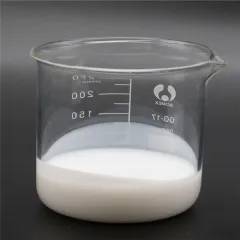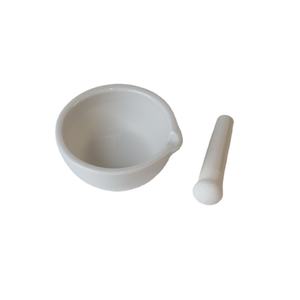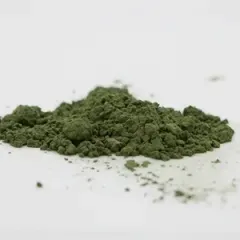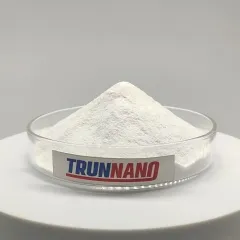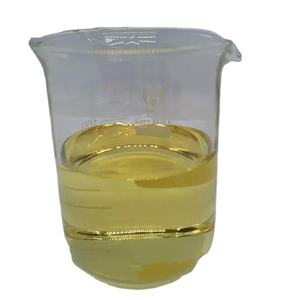
Introduction to Surfactants
Surfactants, or surface-active agents, are substances that lower the surface area tension between 2 liquids, a gas and a fluid, or a liquid and a strong. They play a vital role in numerous markets, from cleansing items to pharmaceuticals. Comprehending surfactants’ buildings and applications can unlock brand-new possibilities for innovation and performance.
(Surfactants)
Sorts of Surfactants and Their Distinctions
Anionic Surfactants
Anionic surfactants bring a negative fee on their hydrophilic end. This kind is known for its outstanding detergency and foaming residential properties. Usual examples consist of sodium lauryl sulfate (SLS) and sodium laureth sulfate (SLES), commonly made use of in hair shampoos and detergents. Their efficiency at getting rid of oils and dust makes them prominent in cleaning items. However, they can be irritating to the skin and eyes.
Cationic Surfactants
Cationic surfactants have a positive cost on their hydrophilic end. They are much less common in cleansing items because of their restricted capability to get rid of dust. Rather, cationic surfactants are valued for their antimicrobial buildings and are frequently discovered in material conditioners and conditioners. Instances consist of benzalkonium chloride and cetrimonium bromide.
Nonionic Surfactants
Nonionic surfactants do not have an electric fee. They are functional and steady in both acidic and alkaline settings. These surfactants are frequently made use of in household and industrial cleaners as a result of their good solubilizing and emulsifying properties. Instances consist of alcohol ethoxylates and alkylphenol ethoxylates. They are additionally made use of in the food industry as emulsifiers.
Amphoteric Surfactants
Amphoteric surfactants have both favorable and adverse costs, making them conscious pH changes. At low pH levels, they act like cationic surfactants, while at high pH degrees, they behave like anionic surfactants. This adaptability makes them mild and effective in personal care items such as infant hair shampoos and face cleansers. Instances consist of cocamidopropyl betaine and lauriminodipropionate.
Applications Throughout Various Sectors
Surfactants discover applications in countless industries as a result of their unique homes. In the cleaning sector, they improve the removal of dirt and oils, making them important in cleaning agents and soaps. Personal care items gain from surfactants’ cleansing and conditioning buildings, providing customers with reliable skin care options. The fabric market utilizes surfactants for coloring and completing fabrics, guaranteeing vivid shades and soft appearances. Additionally, surfactants are vital in the oil and gas field, where they enhance the healing of crude oil by lowering interfacial tension in between oil and water. Each sector benefits from the adaptability and performance-enhancing capabilities of surfactants.
( Surfactants)
Market Patterns and Growth Drivers
The demand for surfactants is raising as new applications are uncovered. Advancements in producing processes boost high quality and decrease prices. Evaluating guarantees materials do as anticipated, developing far better items. Business embracing these technologies use higher-quality surfactants. Customer awareness concerning the benefits of more effective and eco-friendly items drives passion in those utilizing sophisticated surfactants. Advertising and marketing efforts focus on educating consumers regarding the advantages of these ingenious surfactants, such as boosted efficiency and reduced ecological impact.
Challenges and Limitations
One difficulty with surfactants is their potential environmental influence. Some types, especially non-biodegradable surfactants, can accumulate in ecological communities, resulting in pollution. One more concern is expense. Top notch, green surfactants can be pricey. Nonetheless, the advantages typically surpass the prices. Products made with sophisticated surfactants last much longer and do far better. Companies should show the value of these surfactants to warrant the rate. Security problems additionally exist, as inappropriate handling or flaws can result in health and wellness risks. Research continues to make certain risk-free use. Clear interaction about safety and security builds trust fund.
Future Prospects: Technologies and Opportunities
The future looks promising for surfactants. Much more research study will certainly discover ways to enhance their efficiency and reduce ecological influence. Advancements such as bio-based and eco-friendly surfactants intend to increase sustainability while preserving security and performance. As markets seek greener and extra efficient services, surfactants will play a vital duty. Their capability to give reliable and functional efficiency makes them valuable. New growths might open added applications. The capacity for development in various sectors is significant.
End of File
This write-up supplies a comprehensive yet straightforward expedition of surfactants, highlighting their significance throughout various sectors. Each section focuses on details aspects of surfactants, making certain clearness and convenience of comprehending while maintaining deepness and professionalism and trust.
Provider
TRUNNANO is a supplier of Surfactants with over 12 years of experience in nano-building energy conservation and nanotechnology development. It accepts payment via Credit Card, T/T, West Union and Paypal. Trunnano will ship the goods to customers overseas through FedEx, DHL, by air, or by sea. If you want to know more about Chromium Oxide, please feel free to contact us and send an inquiry(sales5@nanotrun.com).
Tags: Surfactants, sodium lauryl sulfate, sodium dodecyl sulfate
All articles and pictures are from the Internet. If there are any copyright issues, please contact us in time to delete.
Inquiry us
